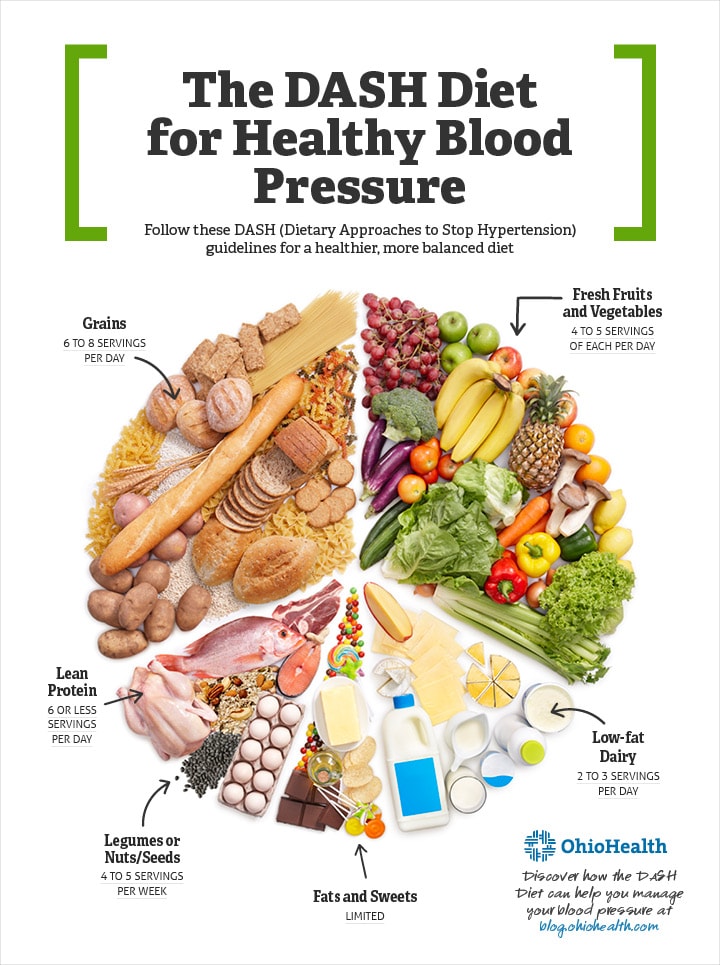February is American Heart Month! It’s tempting to focus on the chocolate hearts that are filling grocery shelves, but today on the blog we’re going to look at heart health. Eating a healthy diet is a very common new years resolution, but you can adopt a healthier diet any time during the year! (looking for articles on other popular new years resolutions? Check out our posts on getting organized, staying active, and saving money).
The DASH Diet
Have you heard of the DASH Diet? Similar to the Mediterranean Diet, the DASH diet focuses on eating more vegetables, fruits, whole grains, beans, and low-fat dairy products while eating fewer foods that are high in saturated-fat and sugary drinks and treats. There’s also a low-sodium version of the diet. Short for Dietary Approaches to Stop Hypertension, the DASH Diet is researched-based and was developed to combat and prevent high blood pressure/hypertension. One of the best aspects of the Dash Diet is that, despite its name, it isn’t actually a restrictive diet but a lifestyle change.

Benefits of the DASH Diet
The DASH Diet has been shown to lowers blood pressure and “bad” cholesterol level in people who follow the plan closely. This is good news because high cholesterol has been linked to a number of heart-related diseases such as coronary heart disease, strokes, and peripheral arterial disease. High blood pressure has been linked to strokes, heart attacks, and even kidney failure.
Important note
Those who saw the most benefit from the DASH Diet in studies were under the age of 75, however trying to eat more fruits and vegetables is never a bad idea!
Visit the National Heart, Lung, and Blood Institute for more tips on living a heart-healthy life. Want to learn more about adopting the DASH Diet? Visit the May Clinic’s website.






